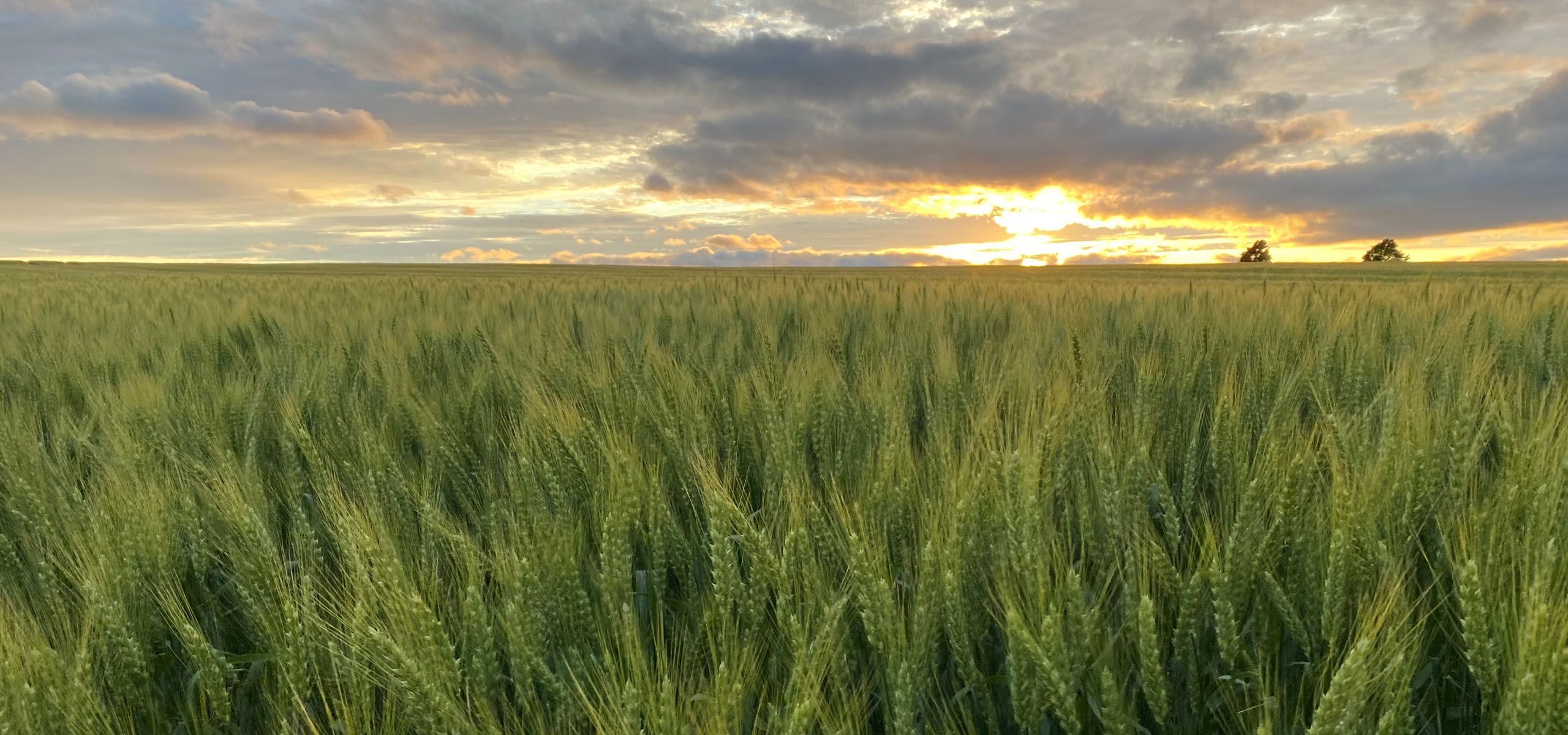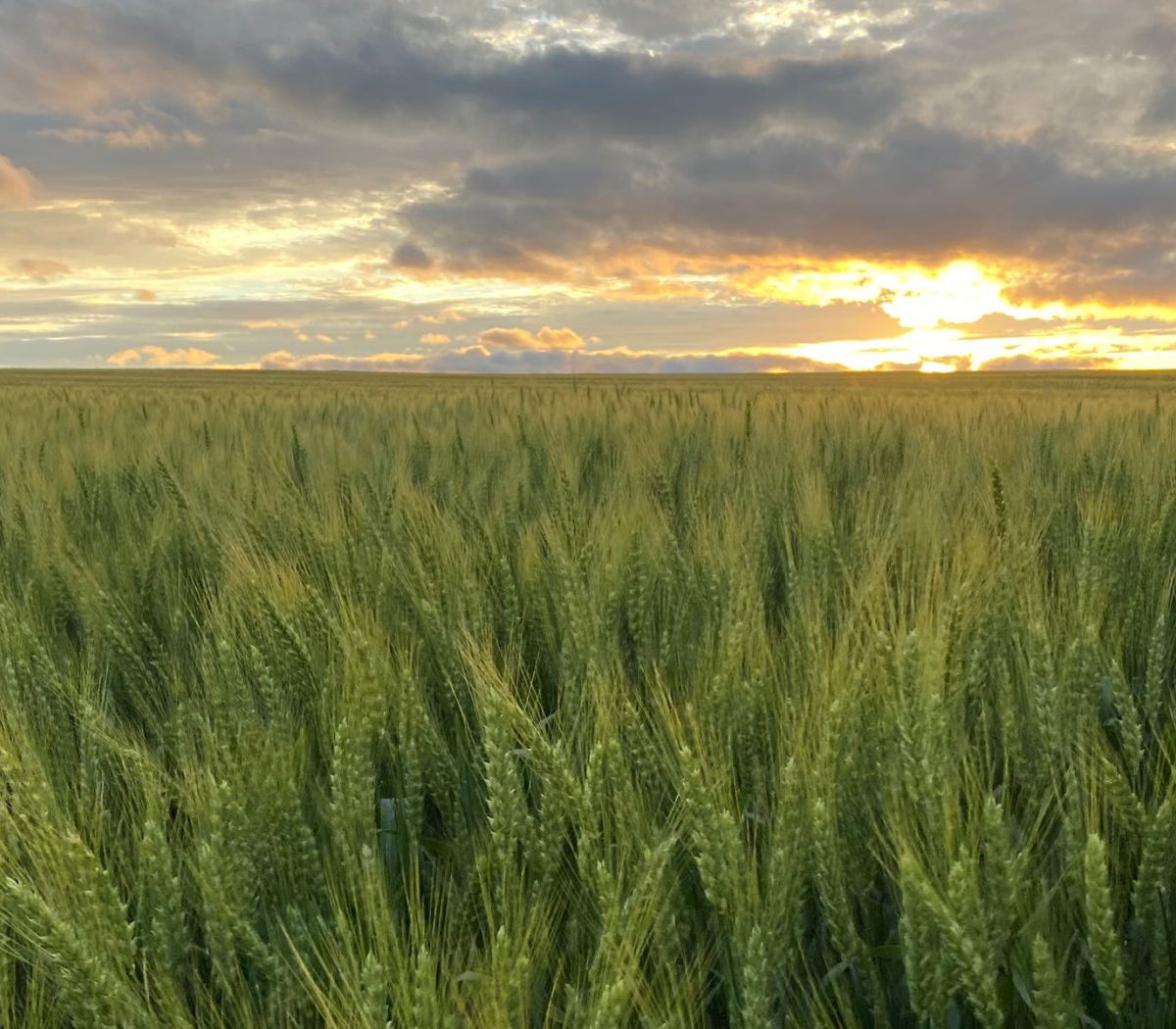Alliance Agri-Turf
Knowledge to grow by
We are Ontario’s choice for crop protection, farm supply, turf solutions, and more.
Reach out to us to find out more about our services and locations near you.
Reach out to us to find out more about our services and locations near you.

